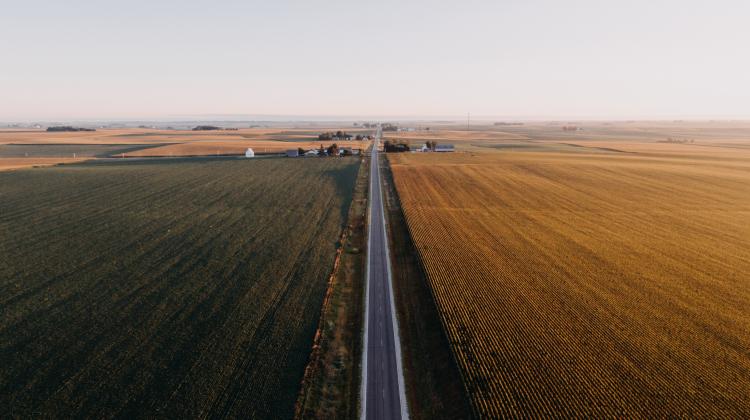Where is the federal government headed on food policy?

The government just signalled where it is likely headed on food policy and to be frank, it’s not looking good from the perspective of most Food Secure Canada members. The clues came in the government’s published Response to the recent Agriculture and Agri-Food Parliamentary Standing Committee Report on Food Policy. At an FSC members’ virtual town hall convened to discuss it on April 9, participants were vocal about their disappointment.
This was a missed opportunity to lay out an ambitious vision for food policy and formally articulate some priorities to take us beyond the status quo. The Government may claim that it was only responding to issues that were raised by the Standing Committee, but the choice to lean on bureaucratic recitations of existing programs and downplay the more ambitious ideas endorsed by Parliamentarians is telling.
Why are we concerned?
Food Secure Canada published its views on the Standing Committee’s report in a blog post. Here are some reflections on the government’s disappointing Response to the Committee’s recommendations.
-
Three recommendations, representing key priorities for FSC and its members, were singled out for “support in principle” rather than the unequivocal “support” given to all other recommendations:
-
The right to food - Canada is already long signed up to this commitment “in principle” - we need a food policy that commits to actually realizing this right for all Canadians!
-
A national food policy advisory body - why the hesitation - FSC and a range of food system actors worked together to make a ground-breaking consensus proposal on governance.
-
Funding for the Canadian Organic Regime - this is vital for standards to remain updated and accurate and it is a sector with enormous growth potential - so why the equivocation?
-
-
There are many references throughout the report to new export targets as proposed in the Barton report but literally no reflection about how these will be reconciled with other priorities like support for regional and local food systems or the protection (and reform) of supply management or better livelihoods for farmers.
-
Indigenous and northern food sovereignty are all but absent from the report, with only superficial references to existing flawed programs. There is no vision for the future or recognition of the crisis of food insecurity in many indigenous communities, both remote and urban.
-
The Government seems to equate lots of public dollars spent on supporting agriculture and agri-food ($5.4 billion in 2016-7) with having an impact on vulnerable groups living in food insecurity. There is no evidence whatsoever on how this money is helping families who are struggling make ends meet. Trickle down theory does not qualify as evidence-based policy making
-
The call to action on food waste seems to be reduced to another inter-departmental committee and more studies, rather than taking some urgent actions that could immediately have an impact (eg less emphasis on uniformity from the field, clearer information about best before / expiry dates and consumer education)
-
The government supports the call for “community level action” and there may be an opening for new programs and while the existing programs listed are worthwhile, they are a far cry from the amount of support communities need. The reference to the social innovation strategy is a glimmer of light.
-
Public trust is understood as a goal in the report, rather than something that is earned once the practices that broke down the trust in the first place change.
-
The response to Recommendation 6 to make the Canada Food Guide align with competitive interests (which received an F in our grading of the original report) is a valiant attempt to show that the federal departments of Agriculture and Health are on the same page. Its encouraging to see the recognition that the Canada Food Guide could help inform thoughtful agricultural policy (p. 9) but actually eating more fresh fruit and vegetables is not so much about innovation and expansion as it is about supporting local and regional food systems and connecting urban dwellers to farmers.
What do we want?
Food Secure Canada has been working for over 10 years towards a food policy that would make our food system more healthy, more equitable and more sustainable. Of course, Canada is a major food exporter and trade needs to be a policy priority. But it should never trump public health, human rights, nor impede our ability to transition to a more sustainable food system. We do not want a new food policy that just further entrenches the status quo.
Let your elected officials and policy makers know what you think. Make it simple. We want:
|
See our Five Big Ideas for a Better Food System for more background and policy proposals..
Finally, we are still waiting for the government’s What We Heard report, summarising the public and stakeholder consultations held over the summer and fall of 2017. Let’s hope this is a more ambitious and progressive vision of where we go next with food policy.
- Log in to post comments

